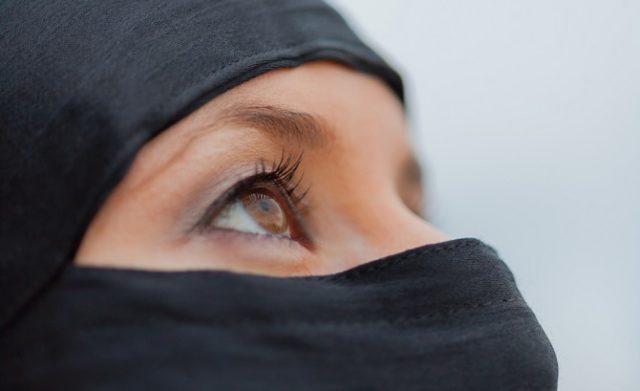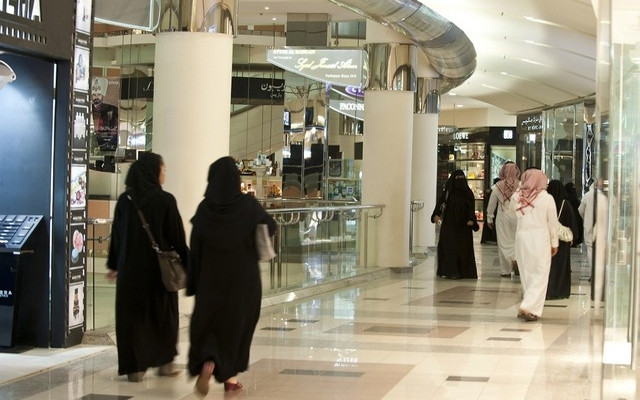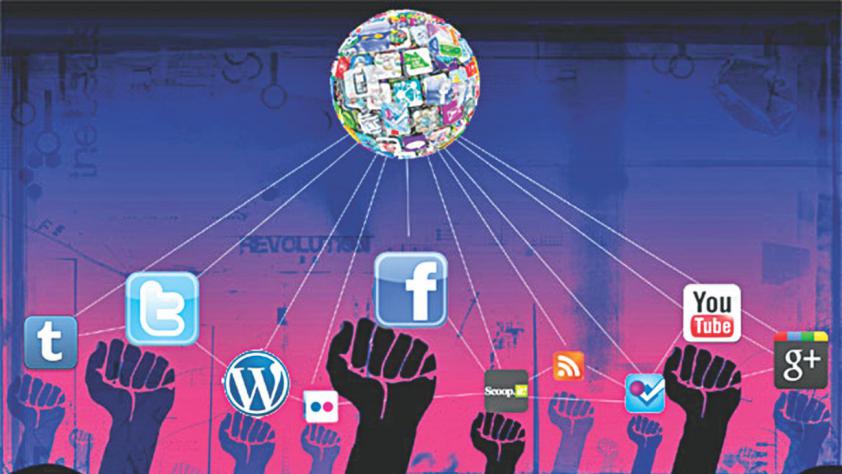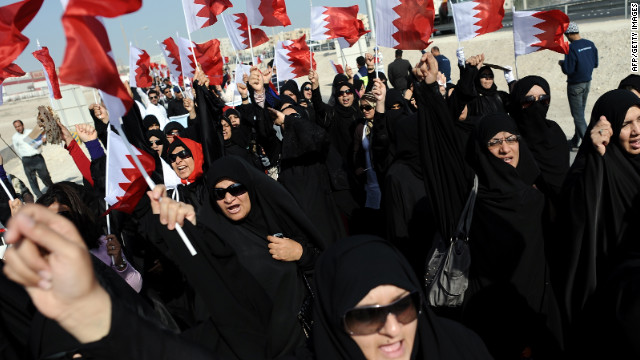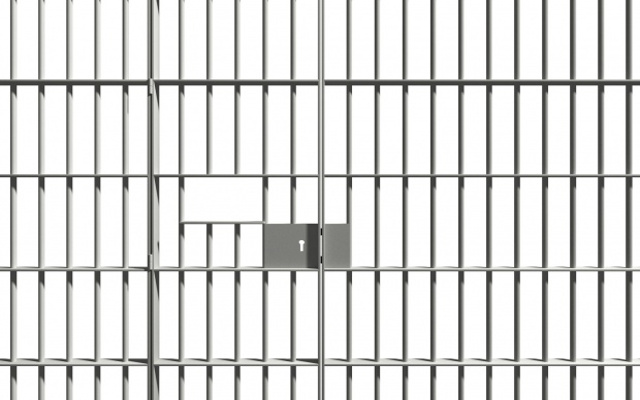In 2015, Saudi Arabia’s Justice Ministry stated that its courts saw 8,016 domestic violence cases in a one-year period. The majority of these cases were reported in Riyadh, Mekkah, and the Eastern Province, and included reports of psychological and physical abuse of both women and children. Because so many cases of domestic violence go[…]
The participation of Saudi men and women in the 2011 Arab Spring protests placed significant pressure on the Kingdom of Saudia Arabia to make social, political, and economic reforms. In particular, women’s rights activists leveraged the influence of social media on the Arab Spring to bring attention to the lack of women’s rights granted by the[…]
Cyberactivists, those who organize, document or participate in political protests and social movements through online communications, played a large role in the Arab Spring uprisings of 2011. The widespread use of social media websites, including Twitter and Facebook, allowed citizens abroad to shed light on the practices of oppressive governments in the Middle East and[…]
When the Arab Spring made its way to Bahrain on 14 February 2011, Bahraini authorities acted quickly to suppress the peaceful protests with violence. They detained, tortured, and killed protesters for exercising their rights to free speech and assembly. The Sunni al-Khalifa government specifically targeted leaders of the political opposition, which mainly consisted of Bahrain’s[…]
In Bahrain, some of the most active human rights defenders and sufferers of torture are women. One of these political dissidents is Zainab al-Khawaja. Bahraini authorities imprisoned her after she exhausted her appeals process fighting charges related solely to her free expression. Security authorities held her in detention with her infant son for over three[…]


